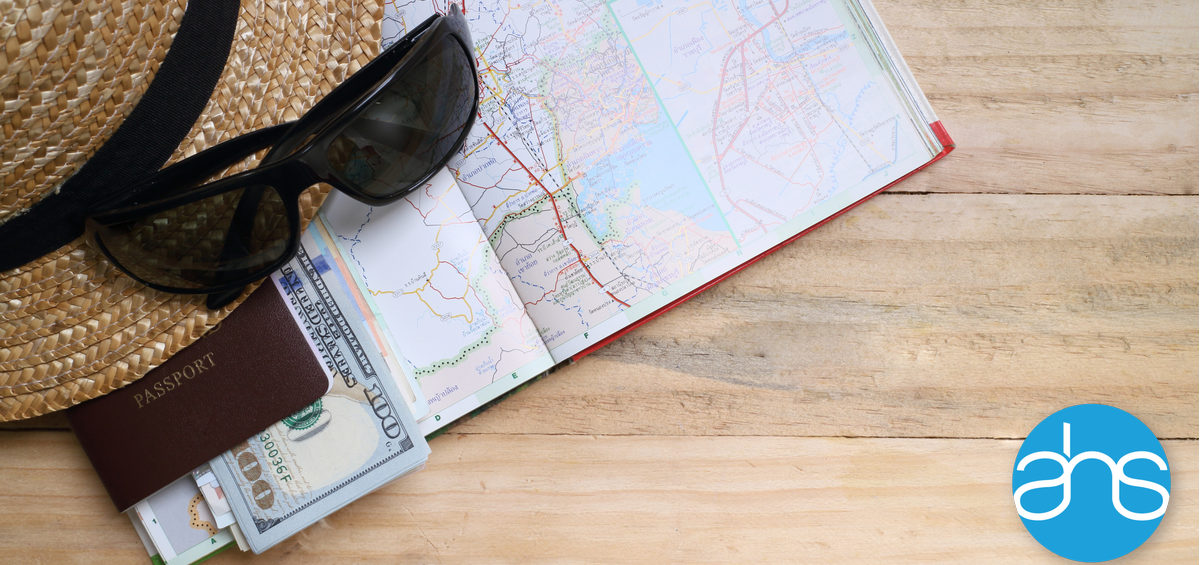Financial planning and managing your money is about more than just your budget and how you carry, access, and spend your money. It’s also important to consider the bigger picture and how your money is being saved and invested while you travel. In this blog we talk about how to determine your travel budget, tips to keep expenses low if you’re on a strict budget, and ultimately how to manage your finances while working on the road.
Set-up Automatic Payments
Since you will most likely be living in temporary housing, it’s important to set up your mortgage or rent payments to be automatic. Simplicity while traveling is a must. You don’t want to be worried about missing a payment, not to mention the additional fees you may incur.
Utilize Local Credit Unions
Once you land, scope out a local credit union. Your local “at home” account should serve as the base for paying bills, rent/mortgage, student loans, or any other outgoing non-travel expenses. Your local credit union is a non-profit and its sole purpose is to serve the community. Second, a local credit union is going to be much more responsive and willing to work with you while you’re traveling.
Limit Pointless Payments
Get rid of as many bills as you can when traveling. Netflix? Share an account. Cell Phone? See if you can lower your monthly minutes or unused data. How about cable? Just get rid of it and stream via Roku, Google Chromecast, Amazon Fire, or Apple TV. The point is, try it minimize your expenses when traveling.
Credit Cards and Debit Cards
A credit card may be the best way to travel with money, provided you have the right one. For one thing, using a credit card instead of a debit card protects your debit card balance from theft. And there are some things you can only pay for with a credit card, such as a rental car. You’ll need to be careful to not rack up a big bill that you can’t pay off, though. Stick to your budget.
Keep records.
You’re not just a traveler, you’re out there doing work for your business. You’ll have the same need for itemized receipts when you do your taxes if you’re in California as you would in New York. It might be smart to keep a small notebook that can serve as a holding place for receipts and other important documents. Consider keeping track of contact information and other documents in the same way.
Be adaptable
This tip applies to life in general, but when talking about working on the road, being adaptable is the key to success. The ability to move around your schedule, deal with issues and problems as they occur, and go with the flow is an important key to managing finances and work on the road.
What success have you found managing your finances while on the road?
Author: Harlee Toothman













Recent Comments